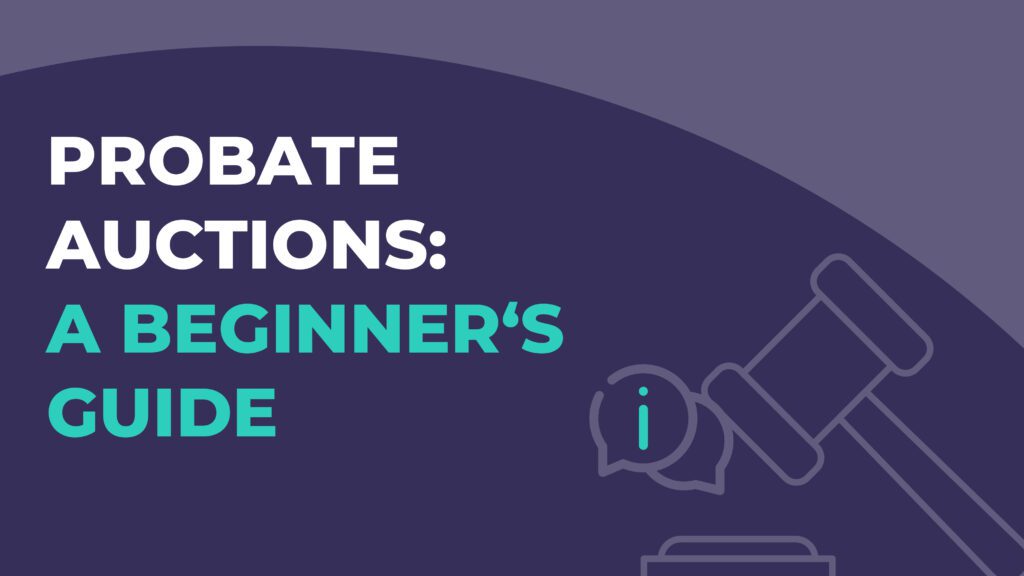When a loved one passes away, dealing with their estate can be emotionally and logistically challenging. Among the various processes involved, one aspect that often arises is the sale of probate property through auctions. If you’re new to this concept, fear not! This beginner’s guide is here to shed light on the basics of probate property auctions, helping you navigate this aspect of estate management with confidence.
Understanding Probate Property Auctions
Probate property auctions occur when real estate from a deceased person’s estate is sold to settle debts and distribute assets to heirs. The process typically involves selling the property to the highest bidder in an auction setting. It’s important to note that probate laws vary by jurisdiction, so it’s advisable to familiarise yourself with the specific regulations in your area.
Terminology to Know
Before delving further, let’s clarify some key terms you may encounter:
Probate: The legal process through which a deceased person’s assets are distributed to beneficiaries and creditors.
Executor/Administrator: The person appointed to manage the deceased’s estate, including handling the sale of property.
Probate Property: Real estate owned by the deceased that is subject to the probate process.
Probate Auction: An auction where probate properties are sold to the highest bidder.
Opening Bid: The initial bid set by the auctioneer to start the bidding process.
Reserve Price: The minimum price that must be reached for the property to be sold at auction.
Winning Bid: The highest bid accepted by the auctioneer, securing the sale of the property.
Initial Steps in Dealing with Probate Property
If you find yourself tasked with managing a probate property, here are some initial steps to take:
Consult with Professionals: Seek guidance from industry professionals experienced in handling probate properties. They can provide invaluable advice and support throughout the process.
Determine Property Value: Obtain a professional appraisal or market analysis to determine the fair market value of the property. This will help set realistic expectations for the auction.
Prepare Necessary Documents: Gather all relevant documents, including the death certificate, will (if applicable), and any legal documents pertaining to the property. These will be needed to initiate the probate process and facilitate the sale of the property.
Attend Auction Previews: If possible, attend previews of probate auctions to familiarise yourself with the process and get a sense of the properties available for sale. This will also allow you to ask questions and gather additional information.
Set a Budget: Determine the maximum amount you’re willing to bid on a property and stick to it. Factor in potential renovation costs, taxes, and other expenses associated with the property.
Participate in the Auction: When the auction day arrives, come prepared to bid on the property. Listen carefully to the auctioneer’s instructions and be ready to act decisively if the property meets your criteria.
Probate property auctions can be a complex yet rewarding way to sell real estate from a deceased person’s estate. By understanding the basics, familiarising yourself with the terminology, and taking proactive steps, you can navigate this process with confidence. Remember to seek professional guidance when needed and approach each auction with careful consideration. With the right approach, you can successfully manage probate properties and ensure a smooth transition for all parties involved.


